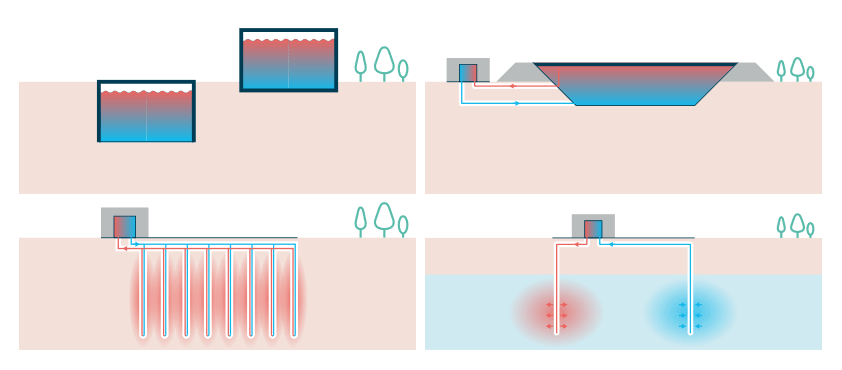
Large thermal energy storage: The backbone of the heat transition in district heating networks
Large-scale thermal energy storage systems play a central role in the conversion of our heating networks to a climate-neutral future. They enable renewable generation to be decoupled from consumption, reduce system costs and ensure security of supply. This makes them the backbone of a flexible, resilient district heating infrastructure. We develop solutions that are technically sound, economically viable and systemically well thought-out.
Strategically integrating storage
The transition to climate-neutral heat supply requires a massive expansion of storage capacities. Large-scale heat storage systems enable the integration of renewable energies, increase grid flexibility and ensure a reliable supply. Their importance is growing rapidly: internal analyses show that storage capacity in the German district heating network must increase by a factor of 150–300. With sound engineering know-how and in-depth system expertise, we develop technologically viable and economically sensible storage solutions.
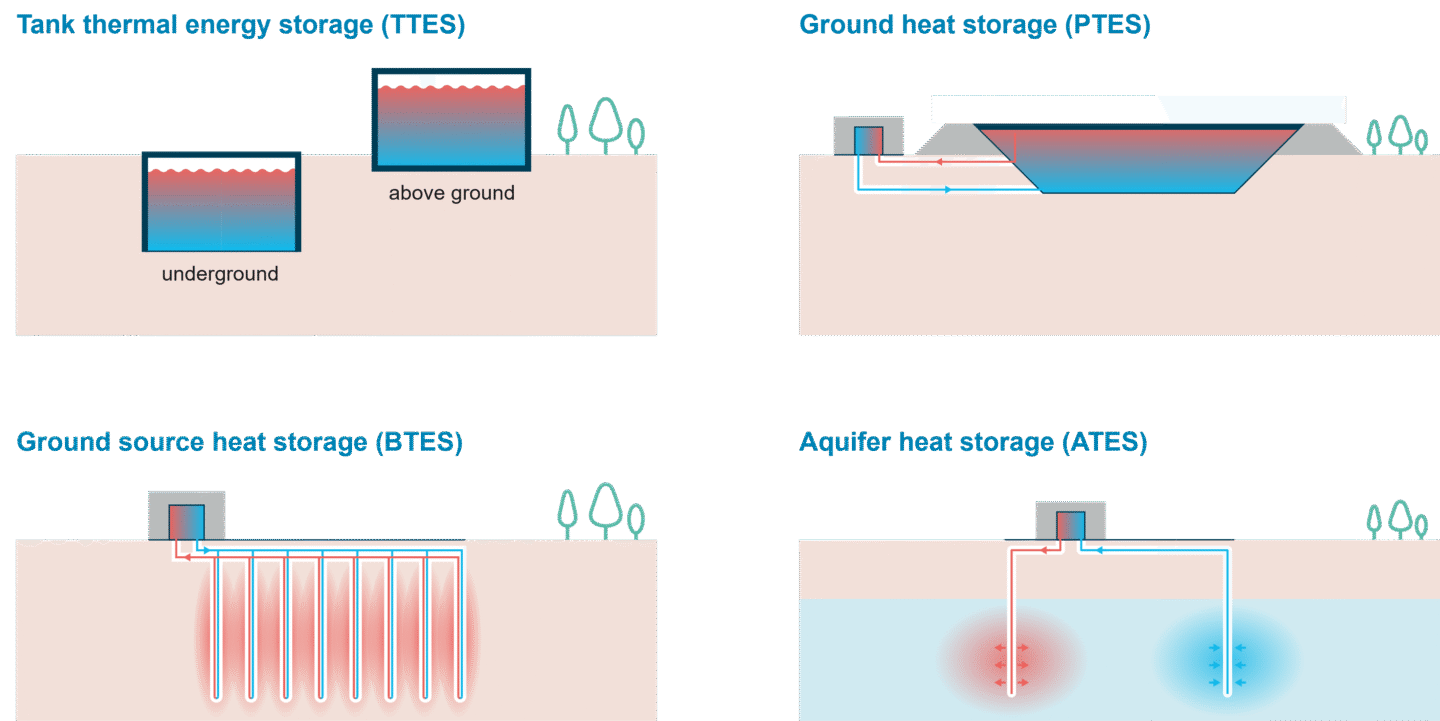
Large-scale heat storage systems are strategic elements of a flexible, resilient heating system. In our consulting services, we do not consider storage in isolation, but always in interaction with the overall system. Our models realistically simulate physical and thermodynamic processes and can be iteratively linked with techno-economic analyses. This enables us to comprehensively evaluate application scenarios and design variants – from potential analysis to approval testing. Our methods are developed in leading research projects and are continuously refined. Always with the aim of ensuring that investments are sustainable in the long term.
Large thermal energy storage – our services at a glance
- Detailed simulations (stand-alone & in the ESM energy system model)
In-depth analysis of storage performance under various system conditions and load profiles. - Potential analysis
Identification of suitable locations and assessment of the systemic impact of a storage facility in the context of local heat demand.
- Suitability assessment
Preliminary technical and economic assessment of storage sites and concepts, including feasibility and approval framework.
- Modelling & optimisation
Development and application of detailed storage and network models – for design variants, storage sizes and deployment strategies.
- Simulation-based techno-economic assessment
Coupled analysis of technical and economic parameters for assessing storage integration in real systems.
- Economic analyses
Investment, operating and system costs depending on technical design and application context.
- Review of approvability
Assessment of legal framework conditions and risks in the planning process based on technical key data.
Large thermal energy storage – References

The aim of the EU-funded TREASURE project is to bridge the gap between research and practice in order to ensure cost-efficient and sustainable thermal energy storage on a large scale. An interdisciplinary and transnational project team is developing concepts for the system integration of earth basin storage systems. The project plans to develop seven demonstration plants for earth basin heat storage systems in five EU countries. The experience and knowledge gained will help pave the way for the accelerated implementation of large-scale thermal energy storage systems.

In the research project Heat Transition: Strategies for the Use of Climate-Neutral District Heating Technologies, Hamburg Institut is working with consortium partners to investigate key questions about the future of district heating supply. The project examines various climate-neutral district heating technologies, including large heat pumps, identifies potential obstacles and develops measures to overcome these barriers.

The research project ‘Optimised Integration of Thermal Aquifer Storage in District Heating Systems’ (OptInAquiFer) focuses on investigating the contribution of aquifer storage for large district heating networks in the context of the upcoming decarbonisation and transformation. By taking an integrated view of geological, technical, energy-economic and regulatory aspects, the possibilities and limitations of aquifer storage for district heating are identified.
To the project website
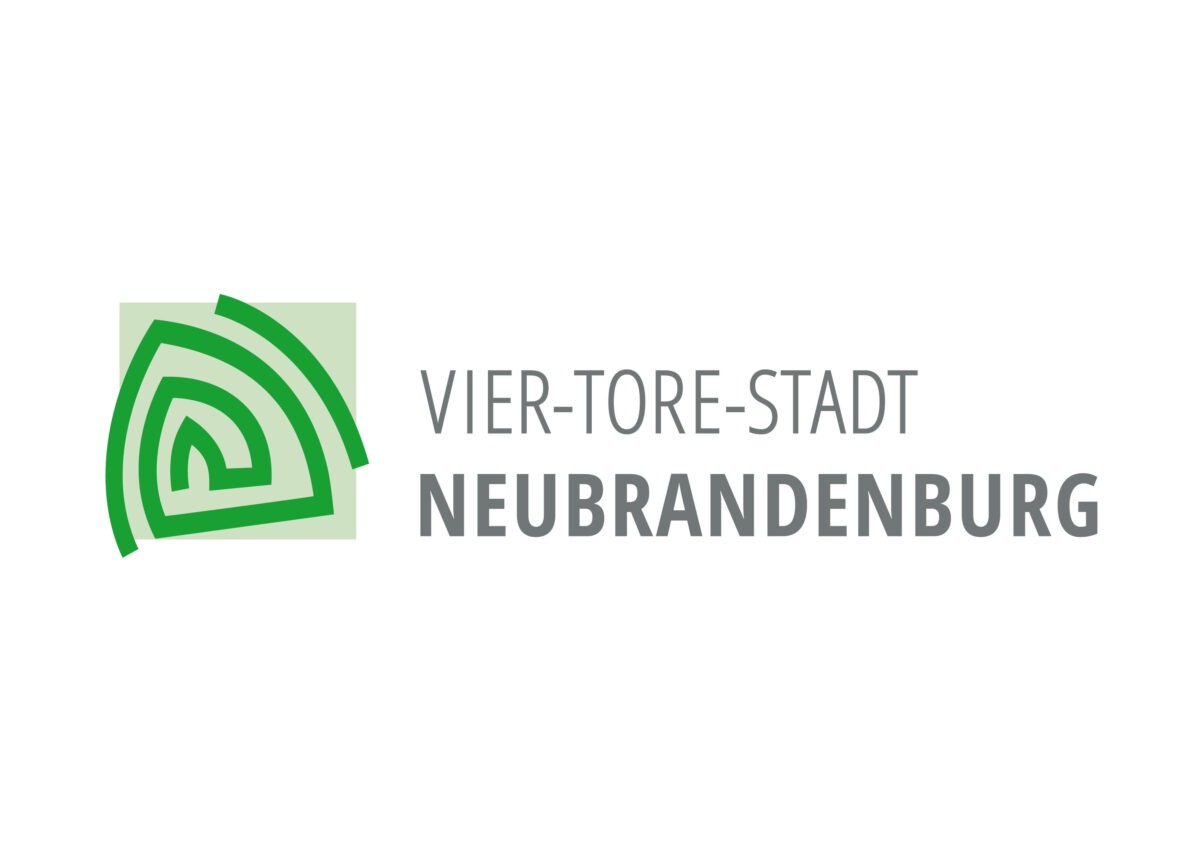
As part of municipal heat planning for the city of Neubrandenburg, Hamburg Institut prepared, among other things, the ‘Expert Report on Large-Scale Heat and Seasonal Storage’. The aim was to conduct a potential analysis of storage options for surplus heat for the district heating supply in Neubrandenburg. After evaluating the existing database, an investigation was carried out for earth basin and tank storage technologies to determine the extent to which seasonal or large-scale heat storage could be implemented from a technical, economic and regulatory perspective.
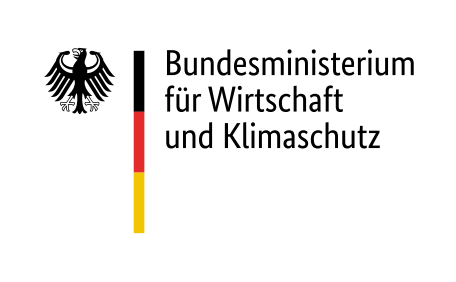
In the research project ‘SysGF: Systemic Analysis of Large-Scale Heat Storage in District Heating’, Hamburg Institut is part of a consortium analysing the technical and economic potential of large-scale heat storage in combination with renewable heat generation in German district heating systems and the overarching energy system. To this end, district heating systems are integrated into a detailed model of the German energy system and optimised, taking into account sector coupling.
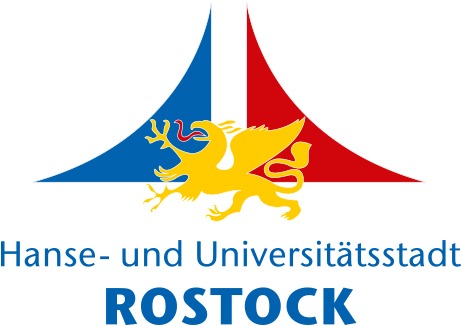
For the study ‘Wärmeplan Rostock 2035’ (Rostock Heat Plan 2035), the team from Hamburg Institut examined possible applications for large-scale seasonal heat storage in future heat supply concepts in a technical report. This included an inventory of the district heating network, including site conditions and preliminary approval requirements, the calculation of specific storage costs, and model input variables for downstream system simulation.
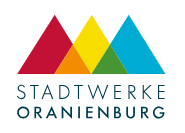
On behalf of Stadtwerke Oranienburg, Hamburg Institut prepared the ‘Expert Report on Seasonal Storage’ as part of municipal heat planning. The report assessed the local potential for heat storage. The report included the following services: inventory, area screening, technical specifications, simulation and economic feasibility analysis.

As part of the transformation plan in accordance with federal funding guidelines for efficient heating networks (Module 1), Hamburg Institut prepared the ‘Expert Report on Large-Scale Seasonal Heat Storage’ on behalf of Stadtwerke Neustrelitz. With the aim of assessing the local potential for heat storage, the following steps were carried out: inventory, investigation of suitable spaces, technical specifications, simulation and long-term behaviour, and economic feasibility analysis.
Exchange on equal terms: Network for Innovative and Green District Heating in Northern Germany (IGFN)
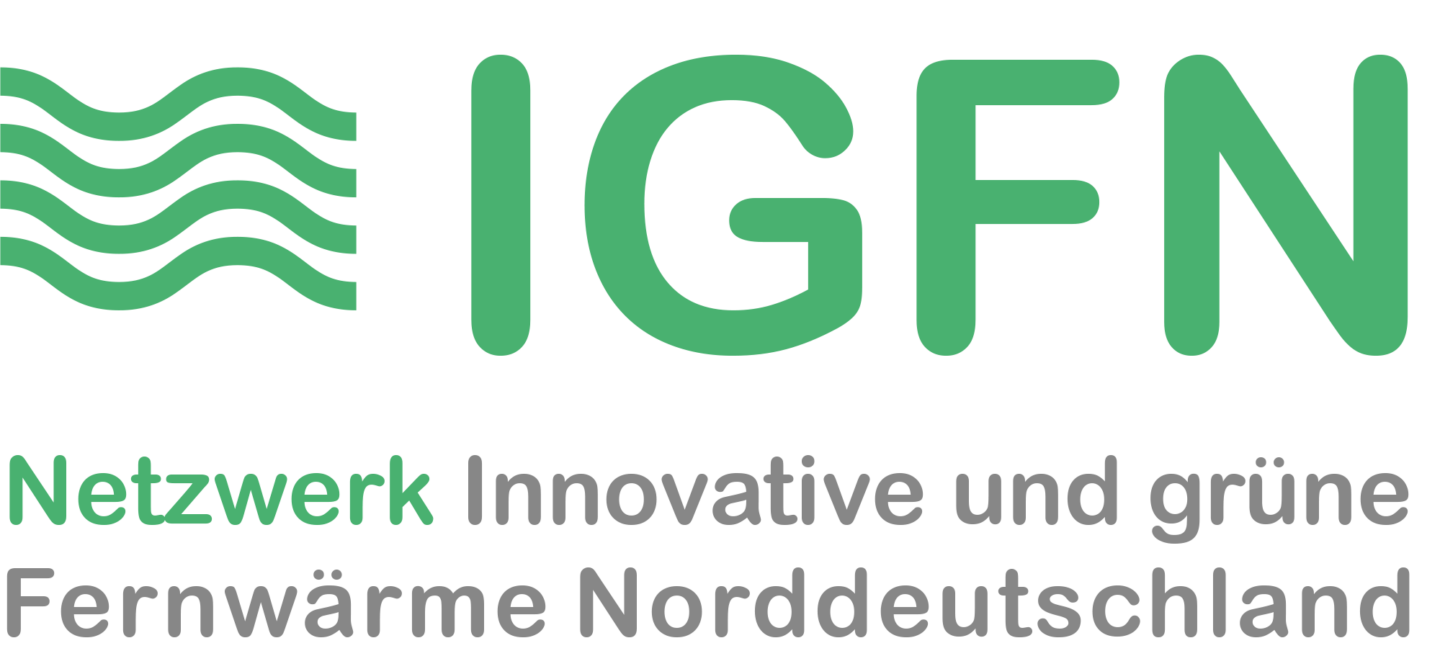
In 2022, the Hamburg Institute initiated the ‘Network for Innovative and Green District Heating in Northern Germany’. It connects utility companies with the aim of exchanging ideas and experiences on the climate-neutral design of district heating networks and promoting solutions. Regular network meetings are held to provide information and discuss key topics such as large-scale heat storage.
Further references. Our contribution to the topic of renewable heat
contact
Have we piqued your interest?
Let’s meet!
Conferences, lectures, workshops, trade fairs - the team of Hamburg Institut is looking forward to meeting you in person and exchanging ideas with you. We will inform you here as soon as new dates are fixed.
